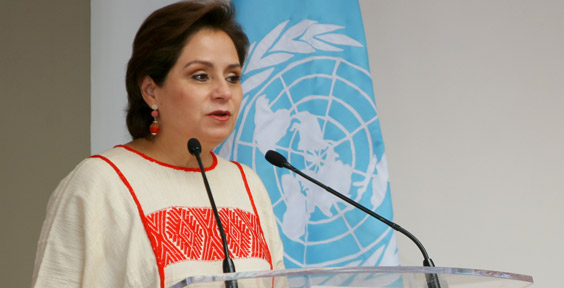On Tuesday, May 9, 2017 during the Technical Expert Meeting in Bonn, Germany, the newest volume of the Compendium on Greenhouse Gas (GHG) Baselines and Monitoring will be officially launched. This publication, the Passenger and Freight Transport Volume, is said to be a comprehensive guide through existing methodologies for GHG quantification of different types of transport mitigation actions.

The Compendium is a UNFCCC (United Nations Framework Convention on Climate Change) coordinated, multi-stakeholder effort to provide a resource map of methodologies, methods, and tools for establishing baselines, and monitoring emissions reductions from mitigation actions. The Compendium covers methodologies in all IPCC (Intergovernmental Panel on Climate Change) sectors.
The Passenger and Freight Transport Volume provides readers with an overview of available methodologies for the mitigation action they are considering. The methodologies presented in the volume were chosen with a view to cover a broad range of different mitigation action types in terms of scale, type of intervention and affected modes. Additionally, focus was put on interventions with significant mitigation potential.
The Passenger and Freight Transport Volume covers more than 30 methodologies, which are structured into eight different mitigation action types:
- Intra-urban mass rapid transit investments
- Comprehensive urban transport programmes
- Vehicle efficiency improvement programmes
- Alternative fuels incentives
- Inter-urban rail infrastructure
- Freight transport infrastructure investments to shift mode
- National fuel economy standards
- Pricing policies (still under development)
In addition to its official launch, the Transport Volume will be highlighted in the following events:
- Wednesday, May 10 2017, 1 – 2:30 pm (German time): Webinar on MRV of Measures in the Transport Sector – New volume of the Compendium on GHG Baselines and Monitoring
- Friday, May 12 2017, 12 – 3 pm, Bonn: Round Table Discussion – NDC Implementation and Transparency in Transport
The publication is coordinated by the Deutsche Gesellschaft für Internationale Zusammenarbeit (GIZ) in cooperation with the UNFCCC Secretariat and the Partnership on Sustainable Low Carbon Transport (SloCaT), with funding from the German Federal Ministry for the Environment, Nature Conservation, Building and Nuclear Safety (BMUB), and written with the assistance of the Centre for Clean Air Policy (CCAP).
